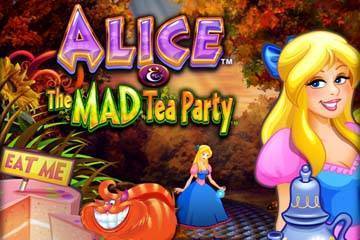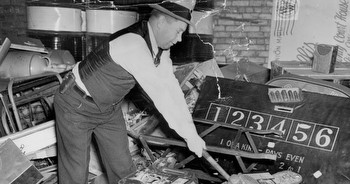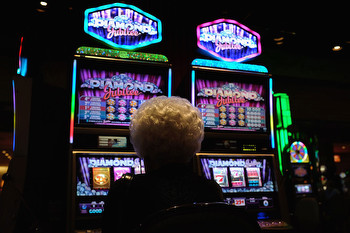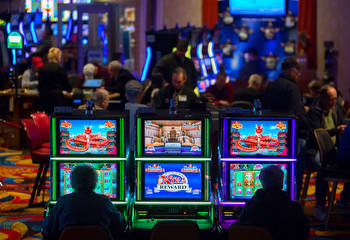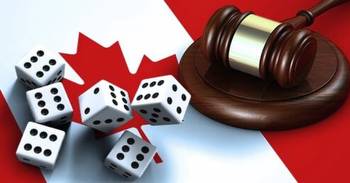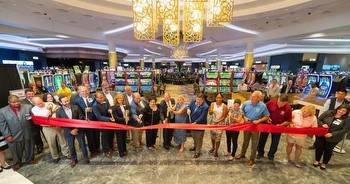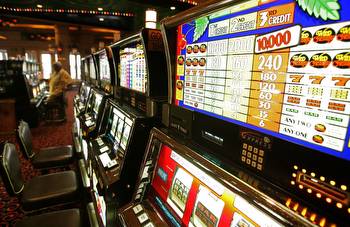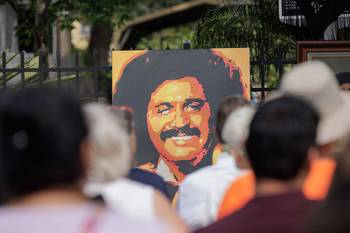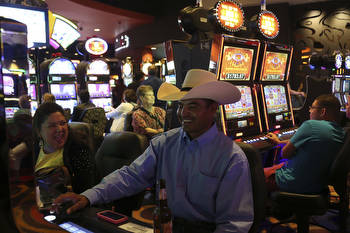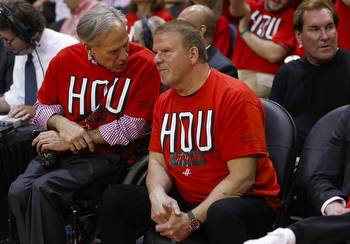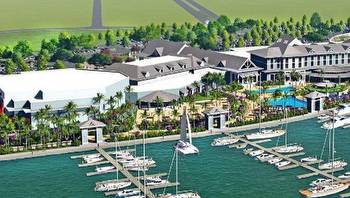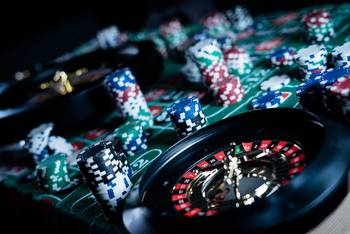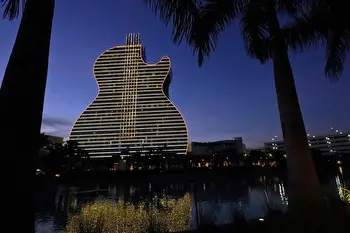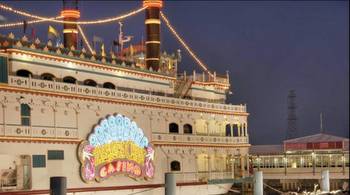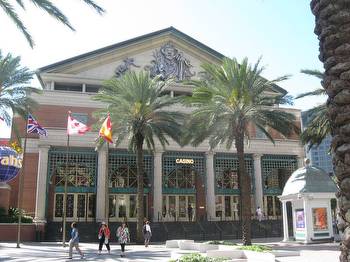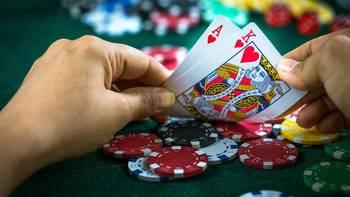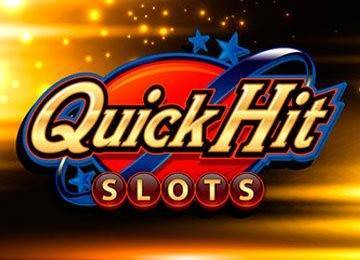Bingo opened the floodgates for gambling in Wisconsin

Back in 1962 when I first joined the staff at The Capital Times, there was absolutely no legal gambling in Wisconsin. None. Nada.
In fact, law enforcement kept a close eye out for gambling, often raiding bars suspected of sponsoring betting pools for their Packer fans and even barging in on poker games in the backrooms of local watering holes.
The Wisconsin Constitution, after all, proclaimed that the Legislature shall never authorize any lottery, which the courts declared covered everything from the seemingly harmless game of bingo to betting on horse races.
No one was more anti-gambling that the founder, editor and publisher of my newspaper, William T. Evjue, who crusaded against gambling for decades. In the 1930s he sent a reporter to expose illegal slot machines being used in Hurley, Wisconsin, taverns. Convictions resulted.
When it was pointed out that legalized gambling could bring much-needed revenue to local and state governments, he'd reply, "Any society that bases its financial structure on the weaknesses of its people doesn't deserve to survive."
For decades, most of Wisconsin agreed with him. Good government groups, most churches, prominent pastors and law enforcement would rise up to oppose any attempt to relax the Constitution's strict language.
The Catholic Church, in particular, wanted bingo exempted. Parishes in most places around the country held Sunday night bingo games to raise funds for their schools, but in Wisconsin they couldn't. Finally, after decades of failure, the Legislature placed the bingo question on a statewide referendum in April of 1965.
The change to the Constitution, despite a five-part Capital Times series on gambling's evils and how bingo would open the door to widespread corruption — as the paper insisted was the experience in other states — passed overwhelmingly, much to Evjue's chagrin.
But all these years later, he was probably right about the door being opened. Bingo not only helped Catholic parishes, but national gambling firms soon cleverly adopted games to sell to taverns, and even grocery stores got caught up in the action.
Then some 20 years later voters gave the green light to a state lottery, which in turn was the basis the state's Indian nations used to get the federal government's blessing to open casinos on tribal lands. That, in turn, convinced law enforcement to look the other way as taverns and restaurants throughout the state installed video poker games to offset what they claimed was revenue lost to the casinos.
But all this is small potatoes to what has happened across the country. Many cash-strapped states have thrown off all gambling restrictions, joining wide-open Nevada. The biggest change, though, has been sports gambling. The U.S. Supreme Court opened the door in 2019 to any state that wants to legalize it.
You've seen the ads by the likes of DraftKings and Fan Duel. The owners of the Chicago Cubs announced last week they are going to build a sports book facility next to Wrigley Field, similar to the ones in Las Vegas casinos. In many states, gamblers can bet not only on games, but individual performances. Next thing you know, they'll be betting on whether a pitch will be a ball or strike
Even the Little League World Series isn't exempt. Sports betting firms have set odds on games being played by 12- and 13-year-olds.
So far, Wisconsin hasn't joined the parade, but, rest assured, it won't be long.
And we're not talking bingo any more.







